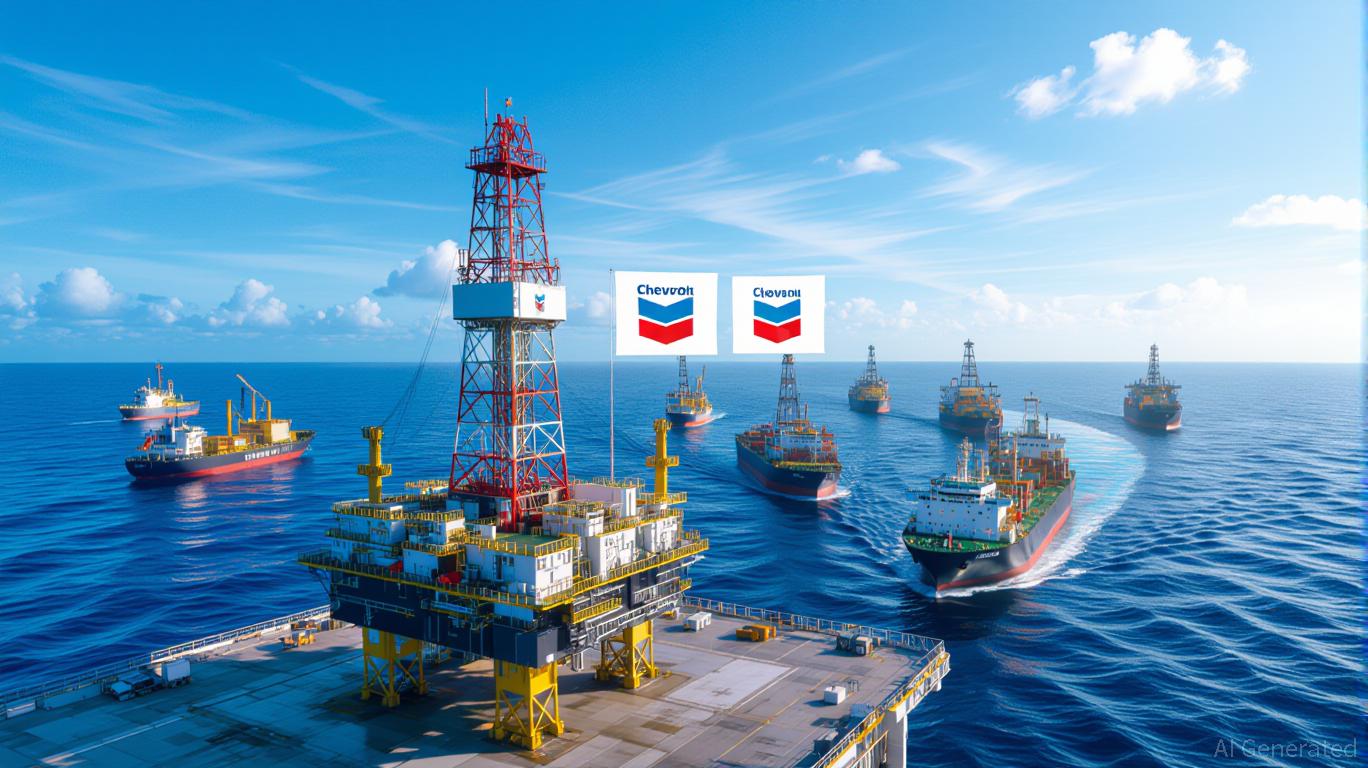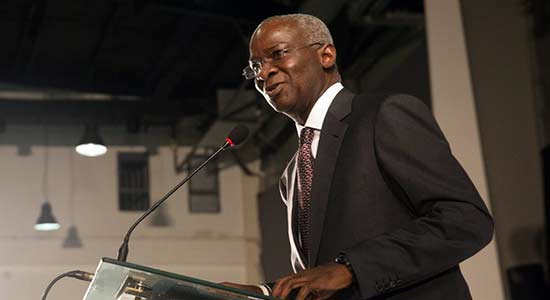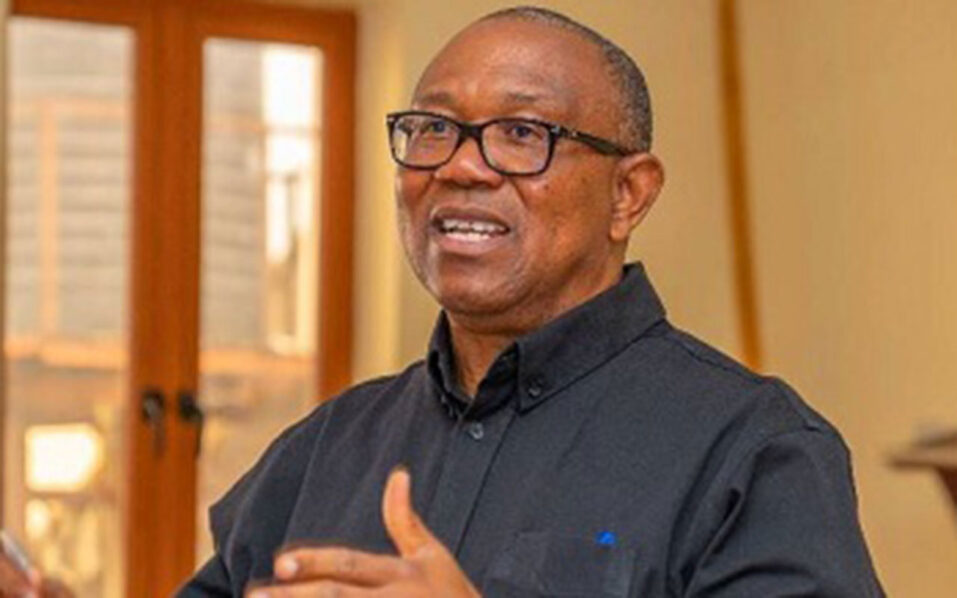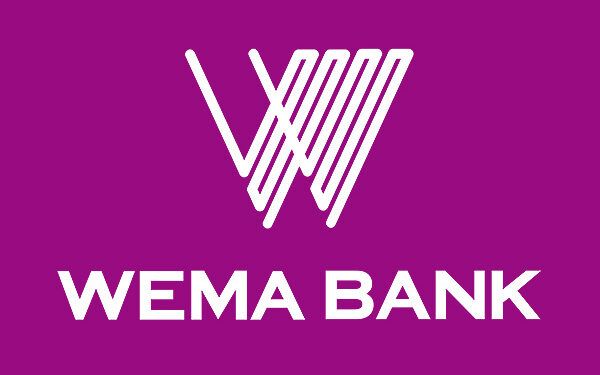By Ayomide Otitoju
Global energy research and consultancy firm, Wood Mackenzie, has projected that oil and gas production by the Nigerian National Petroleum Company Limited (NNPCL) could fall by half by the late 2030s due to a portfolio heavily comprised of sub-commercial assets.
The forecast was part of a comprehensive review conducted by Wood Mackenzie experts, including Ian Thom (Research Director, Upstream), Neivan Boroujerdi (Director, Corporate Research), and Mansur Mohammed (Head of West Africa Upstream Content). Their analysis was presented in a podcast titled “A New Era for NNPC and Nigeria’s Upstream Oil & Gas Sector,” following the recent leadership transition at NNPCL.
Using its proprietary upstream benchmarking tool, Wood Mackenzie highlighted that despite ambitious national targets — including raising daily oil output to three million barrels and gas production to 10 billion cubic feet (BCF) by 2030 — the firm faces significant operational and financial challenges.
“Unlike many national oil companies globally, most of NNPCL’s production assets are non-operated,” the analysts noted. “While production is projected to peak by 2026, a sharp decline could follow, potentially reducing output by 50% by the late 2030s.”
The firm stressed the need for NNPCL to introduce new projects into its pipeline, adding that while it holds a vast reserve base, many of its resources remain sub-commercial.
Meanwhile, data from the May 2025 OPEC Monthly Oil Market Report confirmed that NNPCL has maintained a production level of 1.4 million barrels per day since Q4 2024.
To counter the anticipated decline, NNPCL subsidiary, NNPC Exploration and Production Limited (NEPL), recently announced plans to ramp up production from 370,000 to 550,000 barrels per day by 2027. NEPL Managing Director Nicolas Foucart stated that the firm would require an estimated $4 billion annually over the next five years to meet this target.
The company’s new Group CEO, Bashir Ojulari, has also pledged to attract $30 billion in investments by 2027 and $60 billion by 2030, with a vision to sustain over two million barrels of daily production.
Despite these plans, Wood Mackenzie warned of persistent bottlenecks. “NNPCL’s high operating costs, infrastructure constraints, and challenges in gas monetisation continue to hamper progress,” the report said.
The analysts noted Nigeria’s costly production environment, comparing NNPCL to Angola’s Sonangol, and raised concerns about the company’s IPO readiness amid uncertainty in global oil markets











